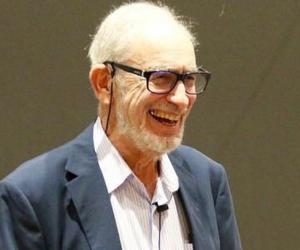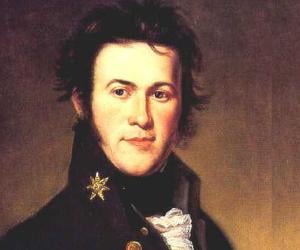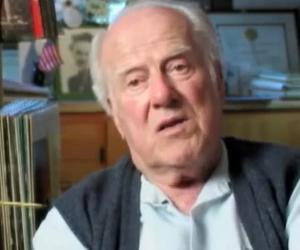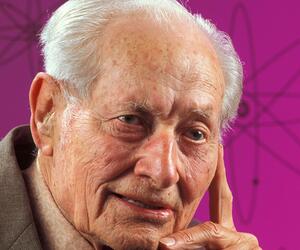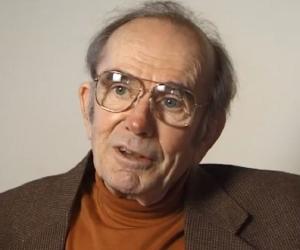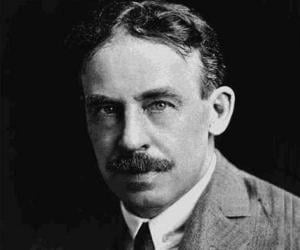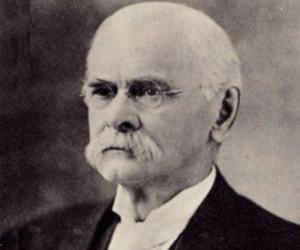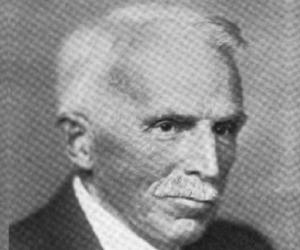1
Clinton Hart Merriam
(Father of Mammalogy)
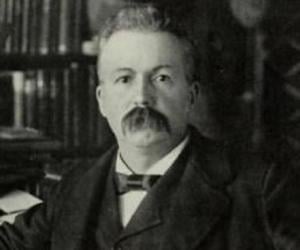
13
4
Birthdate: December 5, 1855
Sun Sign: Sagittarius
Birthplace: New York, New York, United States
Died: March 19, 1942
Clinton Hart Merriam was a prominent American scientist known for his extensive contributions to various fields including zoology, mammalogy, ornithology, entomology, ecology, ethnography, geography, and natural history. He played a crucial role in the development of mammalogy and was recognized as the "father of mammalogy." Merriam's work focused on studying and documenting the diverse wildlife of North America, leading to important advancements in the understanding of animal behavior, distribution, and classification. His multidisciplinary approach and dedication to science left a lasting impact on the field of biology.
